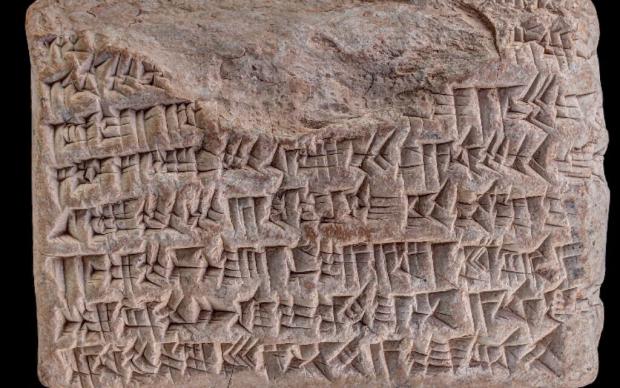
Breaking News
 Iran partially closes Strait of Hormuz, a vital oil choke point, as Tehran holds talks with U.S.
Iran partially closes Strait of Hormuz, a vital oil choke point, as Tehran holds talks with U.S.
 Lindsey Graham: 'US Soldiers Could Be Hit In War With Iran...But It's Worth It.'
Lindsey Graham: 'US Soldiers Could Be Hit In War With Iran...But It's Worth It.'
 It Begins: Mamdani Plans First NYC Property Tax Hike In Decades To Plug $5 Billion Hole
It Begins: Mamdani Plans First NYC Property Tax Hike In Decades To Plug $5 Billion Hole
 SpaceX Enters Secretive Pentagon Contest To Build Voice-Controlled Drone Swarm Tech: Report
SpaceX Enters Secretive Pentagon Contest To Build Voice-Controlled Drone Swarm Tech: Report
Top Tech News
 New Spray-on Powder Instantly Seals Life-Threatening Wounds in Battle or During Disasters
New Spray-on Powder Instantly Seals Life-Threatening Wounds in Battle or During Disasters
 AI-enhanced stethoscope excels at listening to our hearts
AI-enhanced stethoscope excels at listening to our hearts
 Flame-treated sunscreen keeps the zinc but cuts the smeary white look
Flame-treated sunscreen keeps the zinc but cuts the smeary white look
 Display hub adds three more screens powered through single USB port
Display hub adds three more screens powered through single USB port
 We Finally Know How Fast The Tesla Semi Will Charge: Very, Very Fast
We Finally Know How Fast The Tesla Semi Will Charge: Very, Very Fast
 Drone-launching underwater drone hitches a ride on ship and sub hulls
Drone-launching underwater drone hitches a ride on ship and sub hulls
 Humanoid Robots Get "Brains" As Dual-Use Fears Mount
Humanoid Robots Get "Brains" As Dual-Use Fears Mount
 SpaceX Authorized to Increase High Speed Internet Download Speeds 5X Through 2026
SpaceX Authorized to Increase High Speed Internet Download Speeds 5X Through 2026
 Space AI is the Key to the Technological Singularity
Space AI is the Key to the Technological Singularity
 Velocitor X-1 eVTOL could be beating the traffic in just a year
Velocitor X-1 eVTOL could be beating the traffic in just a year
'World's oldest languages' - that were carved into 5,000-year-old stones...

The mysterious dialect of our ancient ancestors could finally be deciphered in full thanks to artificial intelligence.
A million cuneiform tablets still exist in the world, experts estimate, but these writings left behind by ancient Mesopotamians require tedious work by archaeologists to translate and catalog their contents.
It has been estimated that 90 percent of cuneiform texts remain untranslated.
But now, a team of German researchers has figured out a new way to train computers to recognize cuneiform and even make the contents of millennia-old tablets searchable like a website, making it possible to digitize and assemble larger libraries of these ancient texts.
This could unlock previously unknown details about ancient life, as the tablets contained details about feats as significant as temple construction, all the way down to squabbles as petty as customer service complaints.
The German academics trained an AI on two cuneiform languages, Sumerian and Akkadian.
Sumerian was spoken starting about 5,000 years ago, and it was eventually replaced with Akkadian, but both languages were used in writing until the beginning of the Christian era in Mesopotamia, which occupied modern-day Iraq and parts of what became Iran, Kuwait, Syria, and Turkey.



